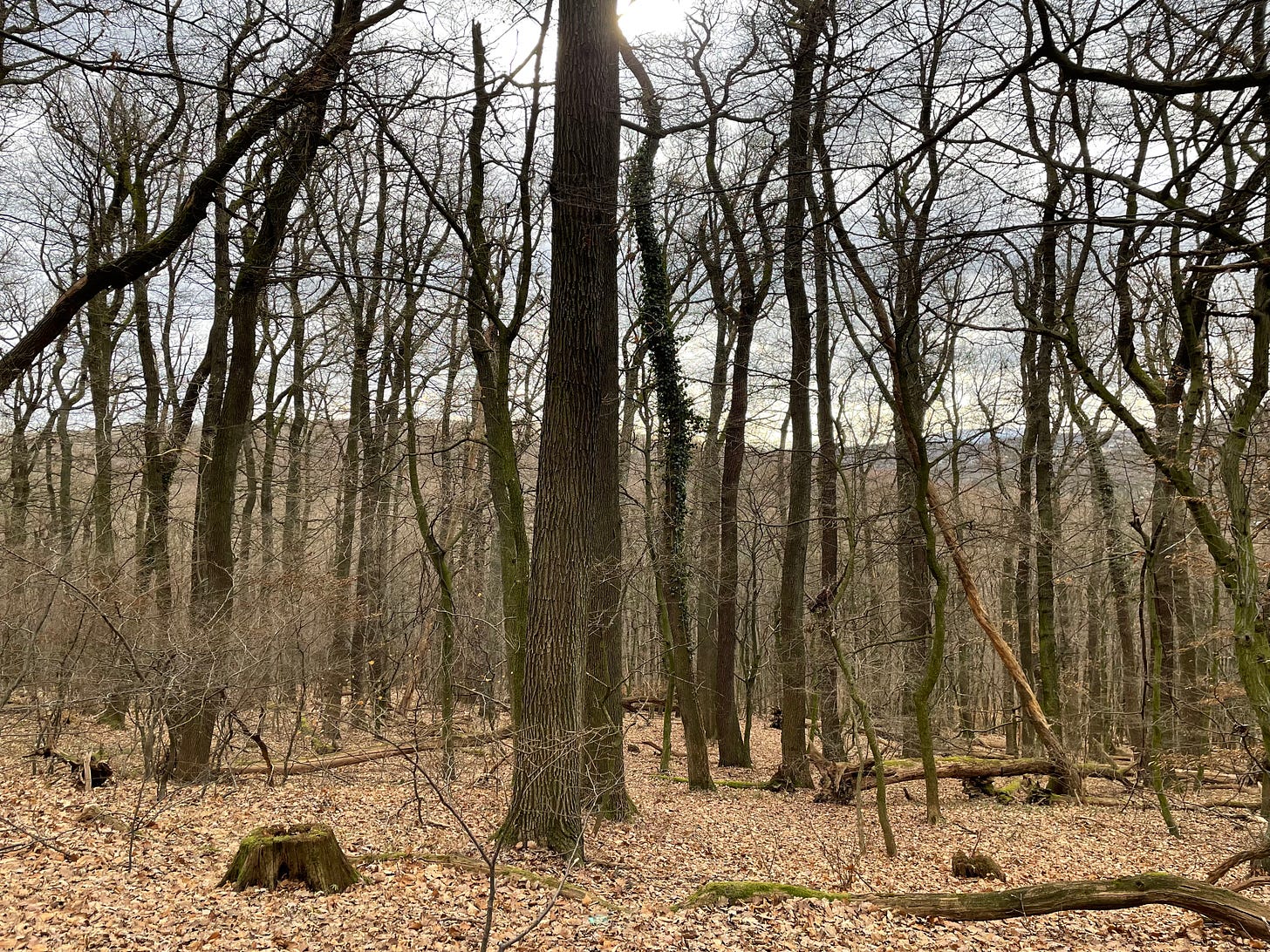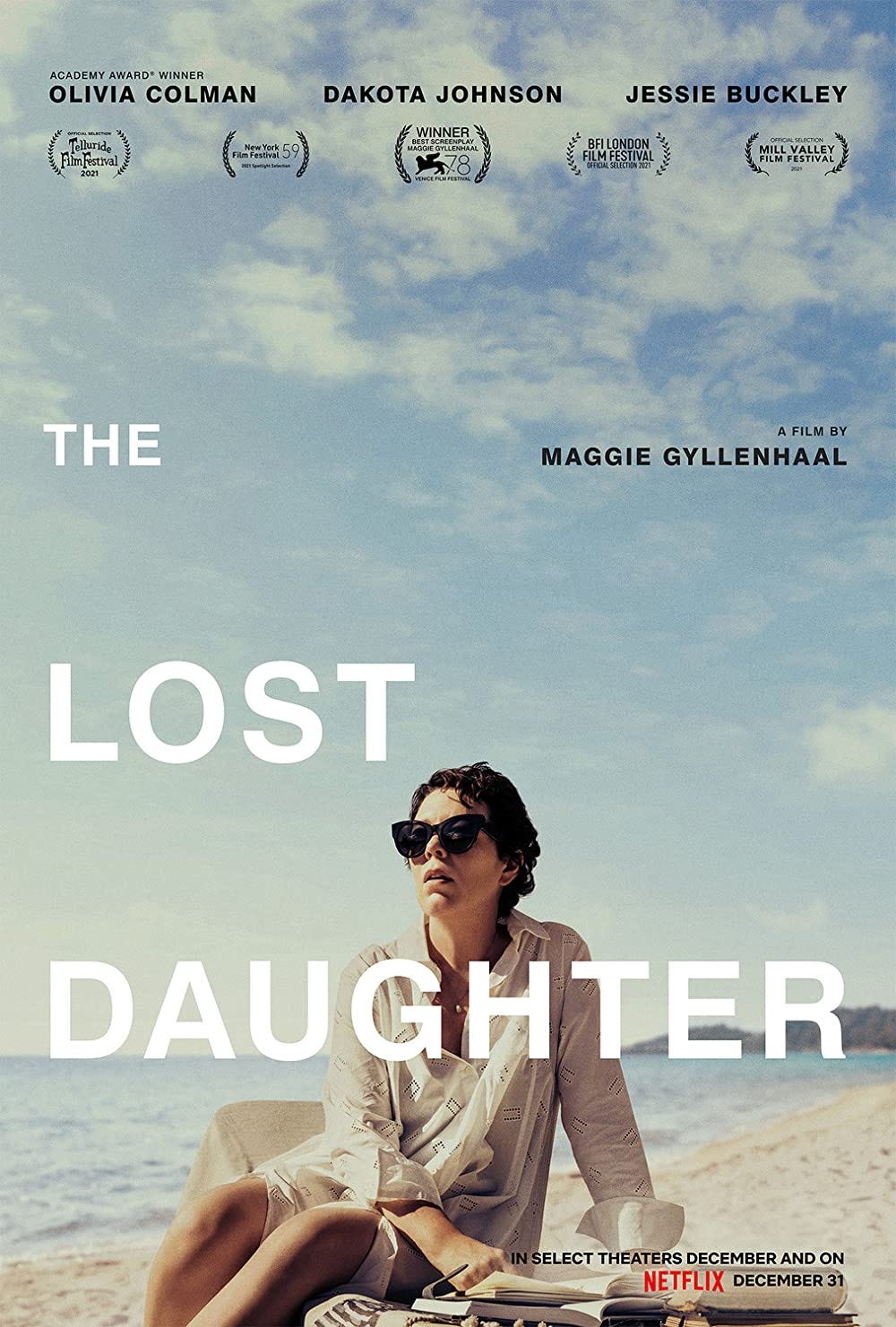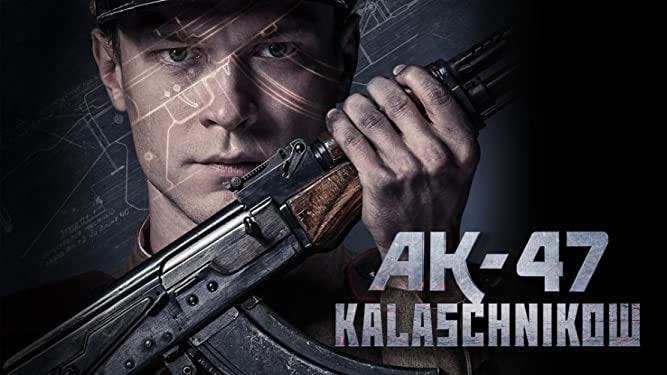This Sunday my thoughts are lost in articles I’ve read and films I’ve watched, while on the domestic front none of the rest of us have any covid symptoms, and the covid patient herself has zero symptoms. She is, in fact, quite literally bouncing off the walls.
I can’t help but obsess over how things might look different if we hadn’t had to test kids with no symptoms 3x week in schools. I feel like our “normality” is constantly being pulled out from under us, despite our best efforts. Yet, no one is sick. Everyone in my house feels perfectly fine. We did not isolate her. We did not mask. She twice tested positive per PCR last week but if not for that I would not suspect anything. Her fast antigen tests were negative, but I think the tests were shit (will ask for a refund tomorrow). I still do not know if I am allowed to send the covid-free boosted siblings to school tomorrow. I am waiting for their PCR results, which I assume will be negative. It’s all surreal at this point.
This Sunday I thought to share with you what I’ve been reading and watching. My favourite reporting at the moment is on the ground, from the places in the news, featuring conversations with ordinary people who live there. I remain highly skeptical of the mucking around currently taking place at the highest levels of US and UK governments. When the news came out on Friday evening, reported by Reuters in DC, that a “US official” claimed Russia was moving blood supplies to the border, I called bullshit. The Ukrainian government has since called bullshit, too:



At the moment, for better or worse, the only person momentarily not lying, IMHO, is Ukraine’s president. That may change, but now he feels like the only genuine voice in this whole mess.

The UK and US seem very eager to get a war started as soon as possible so as to distract from their own domestic political problems. I find this development very, very worrying.
I am surprised there has not been more talk in Europe about what it would mean to have American and British soldiers stationed in Central Europe. It’s weird, right? UK leaves EU but now wants to send soldiers to the Baltics? Boris wants to swoop in for a visit? The US wants to send troops to Hungary but Hungary reports it doesn’t need them, and Orban is scheduled to meet Putin this week in Moscow. The Anglo-Saxons are getting ahead of themselves. So far the only victors are the Irish fishermen, whose threat of fishing boat protests have gotten Russia to move its naval exercises out of their fishing waters (which also happen to be above the part of the Atlantic Ocean where the deep sea internet cables lie).
Speaking of internet, I really enjoyed this article about how people around the world tried to get Kazakhs back online after the internet was cut during the protests in Kazakhstan earlier this month:


This is also an excellent long read on the tragic fallout in Kazakhstan, the senseless loss affecting ordinary families:


From Moscow, do read Andrew Roth and listen to Steve Rosenberg’s BBC radio report:



On the potential impact of a real invasion of Ukraine on Russia’s already wobbly economy, this is a good read:


On what might really happen with SWIFT and potential sanctions of major Russian banks, read this excellent FT report:


From Kharkiv, a major city in eastern Ukraine only half an hour from the Russian border, do watch this video (embedded in the article) by Yaroslav Trofimov, as well as this cover story for Washington Post by Isabelle Khurshudyan. You really get the impression that things have changed massively since 2014, and the vast majority of residents want Ukraine to remain independent. They may be Russian-speakers, but they feel Ukrainian and have no interest in being taken over by Russia. If this is the case in every major Ukrainian city, Putin has a real problem on his hands. One that won’t go away just by sending in little green men.




I have not yet made these, but this weekend came across this gorgeous recipe for Mongolian new year’s dumplings (“buuz”) in The Moscow Times and it is now on my “to do” list for when I muster up enough courage. They look amazing:


I watched two films this weekend. Neither qualifies as a must see, but both were interesting for totally different reasons.
The first, The Lost Daughter, is on Netflix and based on the Elena Ferrante novel (I have not read it). I keep calling it The Lost Mother in my head which I think would be a more appropriate title. It is creepy, but extremely well acted, and the scenery takes you away to summer beaches, but it is spooky. It touches on some very dark truths of motherhood for many of us. It actually motivated me this weekend to say “no” to something everyone wants me to say “yes” to. Don’t watch it if you aren’t in a good head space, a picker-upper it is not.
The second film is in Russian on Amazon Prime, another big budget patriotic historical film which late stage Putinism churns out en masse. Kalaschnikow stars the talented young Russian actor Yura Borisov who is literally in every movie right now as an ordinary soldier from a peasant family from the Altai region with no formal education who went on to develop the world’s most mass-produced automatic rifle.
I don’t know how much of the film is fiction vs biography, but I watch such films for what they tell us about Russia today, rather than the past. Putin’s Russia doesn’t have its own stories to tell, so its official party line cinema-makers dig up stories from the “glorious” past of the Russian empire and the Soviet Union to sell their vision of the world to the masses. Sort of like Top Gun did for us in the Reagan era. Ironically, the Soviet Union always promised a glorious future, it used a lot of such symbolism in its art and murals. After twenty plus years, the best Putin’s propagandists can do is repackage stories of Russian glory from years past.
This film reminded me of another Kremlin-friendly film on Netflix, Silver Skates, set in Imperial Russia, a small-time criminal boy meets princess story as they skate along fantastically frozen with carnival-like atmosphere Neva canals in 1905. It’s like Disney but for the late days of the tsars. I never managed to finish it. Ironically, it also stars the same actor!
The Kalashnikov film got me thinking though. It started out with mud. Lots of Russian mud. It began with the wounded soldier returning to his home region of Altai — the holiday destination last summer of nearly every wealthy Muscovite who didn’t have a way into the EU and wanted to post some romantic photos of the “real Russia” on Instagram. Altai has been romanticised a lot lately. The real life story of Mikhail Kalashnikov is far more brutal, there was no family farm to return home too — it was collectivised and the family deported as kulaks even before the war.
What was true and is depicted well in the film is Kalashnikov was self-taught, and the Soviet system did give ordinary men and women opportunities to showcase their talents, if they fought hard, and did allow for such people to be promoted, even with, in this case, no formal education.
The film did remind me of a book I read years ago, Midnight in Siberia, which includes a stop in Izhevsk and interviews with Viktor Kalashnikov, Mikhail’s son. “Viktor said his dad thought a lot about the stunning number of deaths his invention caused but believed that ‘the constructor is not guilty in that — politicians are’.”
This film doesn’t ask the moral question of killing, not for a split second. It only argues the Germans were far better equipped, and that wasn’t fair to the Soviet boys being sent to the front.
I was left thinking about mud and war and all of those horrors, and really hoping the world might listen to Zelensky when he asks everyone to calm down and stop spreading panic, despite the great powers trying to play their Yalta-like games over his head, and over the heads of 44 million Ukrainians.
Enjoy the rest of your Sundays, and thanks for reading.






